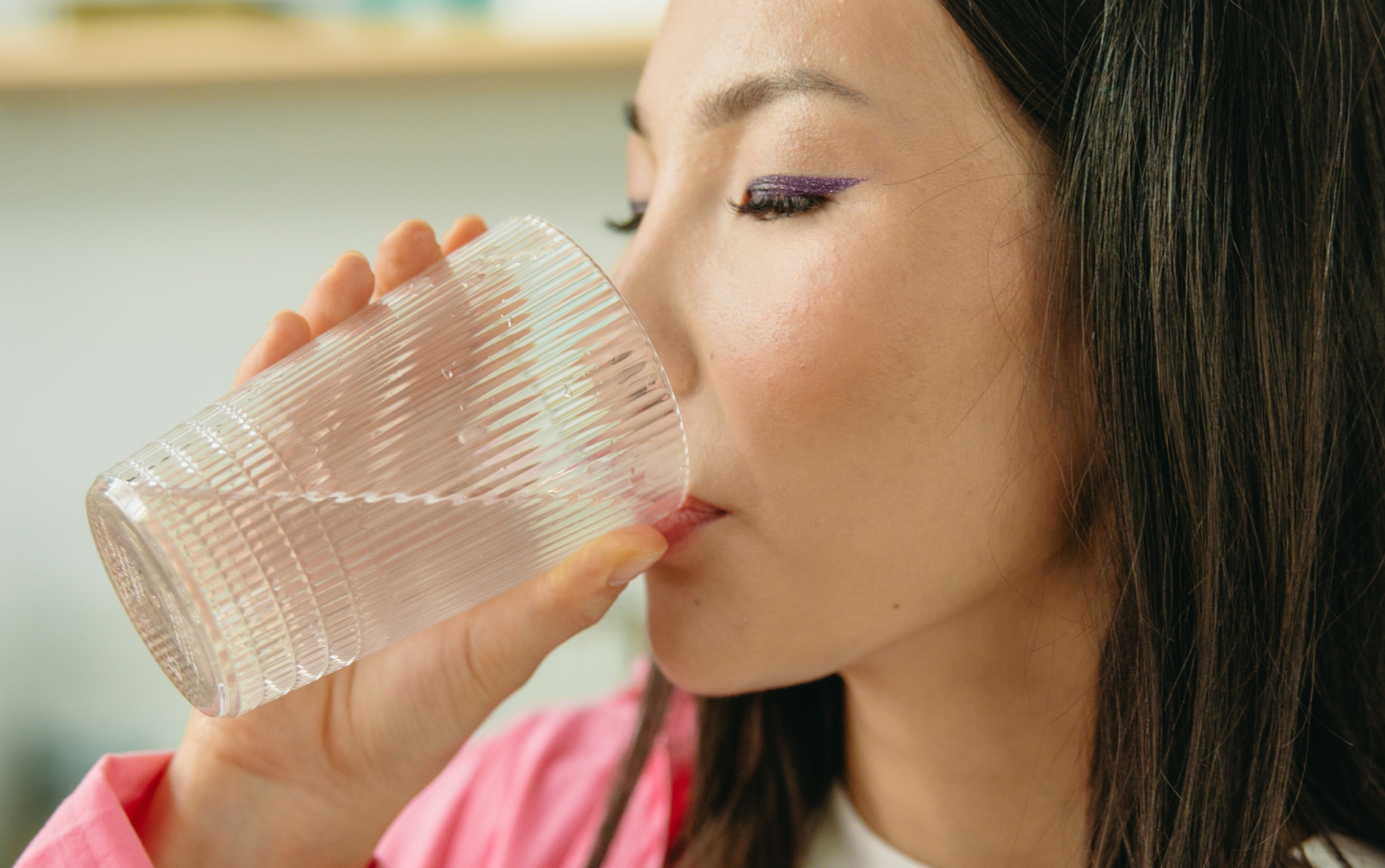nutrition
Can You Drink Water While Fasting? A Complete Guide
On This Page

Can you drink water, or anything else for that matter, when fasting? Get all the facts right here.
What is fasting?
Fasting is the purposeful abstention from food and drinks for a specific period of time. While it has become a popular health-promoting practice in recent years, it has been around for centuries. The ancient Greeks practiced fasting to prepare for celebrations, monks have always practiced fasting rituals, and the Old Testament suggests that fasting is a powerful way to connect with the divine. Muslims fast throughout the holy month of Ramadan, going without food and water until the evening meal. Fasting has also been used as a form of protest by political prisoners. In recent decades, various fasting modes have been employed for their weight loss potential as well as some health benefits.
What is dry fasting?
Dry fasting is a form of intermittent fasting in which no liquid is consumed during the fasting window. It is modeled after certain religious fasts. Outside of religious fasts, It is rarely advised for someone to go without water for an extended period of time as it is essential for many of the body’s critical functions.
What is intermittent fasting?
Intermittent fasting is a pre-planned meal timing schedule that cycles between voluntary fasting and non-fasting over a specified period of time. Some of the more well-known methods of intermittent fasting include alternate-day fasting, periodic fasting, and daily time-restricted feeding.
Time-restricted fasting requires eating normally for 8 consecutive hours of the day, for example, between 11am and 7pm, keeping your meals only between those hours.
How does water support the body?
Water is critical for overall health and well-being. Adequate hydration helps the body keep a normal temperature, lubricate and cushion joints, protect the spinal cord and other sensitive tissues, and to remove waste through urine, perspiration, and bowel movement. Water is a carrier of vitamins, glucose, amino acids, and minerals to and from the body’s cells. It also helps ensure blood volume, viscosity, and circulation, which are essential for the proper functioning of all of the body’s tissues and organs.
How much water does your body need daily?
There is no one size fits all answer to how much water your body needs each day. The National Academy of Medicine suggests that, generally, people should consume 9-13 cups of water on a daily basis. Another frequent recommendation is that each person drink half of their body weight in ounces of water per day. These guidelines do not, however, take into account lifestyle choices (such as exercise), medication, or medical conditions that may require additional water intake to prevent dehydration.
What factors influence your water needs
Your body needs more water when you are in hot climates, engaging in physical activity, sweating, running a fever, have diarrhea, or vomiting. People who are over 60, heavy caffeine users, and those on medications with diuretic properties are also at risk for dehydration and should monitor their water intake as well.
Can you drink water while fasting?
During a fast, the goal is to avoid anything that would have an impact on your blood sugar. Since water does not affect blood sugar, and is the key to maintaining hydration, it is not only safe, but also advisable to consume in large quantities during any fast.
Can you drink water while intermittent fasting?
Water is essential to the body whether you are fasting or not. When doing intermittent fasting, it is important to drink plenty of water in order to remain hydrated. Water will have no impact on the intended outcome of your fast.
Can you drink water while dry fasting?
Dry fasting restricts both food and liquids, so even water is usually not permitted. Abstaining from water, even for two days, can lead to severe dehydration, which can then lead to other, more serious issues. People who usually practice dry fasting do so for religious or medical reasons. It is highly recommended that anyone who will be dry fasting contact their physician before doing so.
Can you drink water while fasting for a blood test?
Drinking water before having fasting blood tests is recommended. It will have no impact on your test results and it makes it easier to draw blood by keeping more fluid in your veins. However, you should confirm with your doctor before getting a blood test.
Can you drink water while fasting for a medical procedure?
Your physician will give you explicit instructions on what you can and cannot eat or drink before any medical procedure. These directions should include whether or not water is permissible, as it varies depending upon the procedure. When in doubt about fluid intake, ask your physician.
Does sparkling water break a fast?
Sparkling water is calorie free and, therefore, would not break a fast. Always read labels, however, to ensure there are no calories or added ingredients such as flavor enhancers or sweeteners.
Does flavored seltzer or club soda break a fast?
Flavored seltzer and club soda will not break a fast as long as they are naturally flavored and have zero calories. Always check the label to be certain that there are no additives or sweeteners.
Does water with lemon break a fast?
Plain lemon water is unlikely to break a fast.
Does coconut water break a fast?
Coconut water contains naturally occurring sugars and carbohydrates which will break your fast.
Final takeaways
Adequate hydration is critical to your body’s optimal functioning. Many people are dehydrated without knowing it. It is essential to watch for the symptoms, especially if you are fasting. Excessive thirst, not urinating, dark, yellow urine, dry skin, dizziness, and lack of energy are among the more common symptoms of dehydration. If you are experiencing any of these, begin rehydrating immediately and contact your physician. Water may have no calories or flavor, but it is arguably the most essential nutrient of them all.



